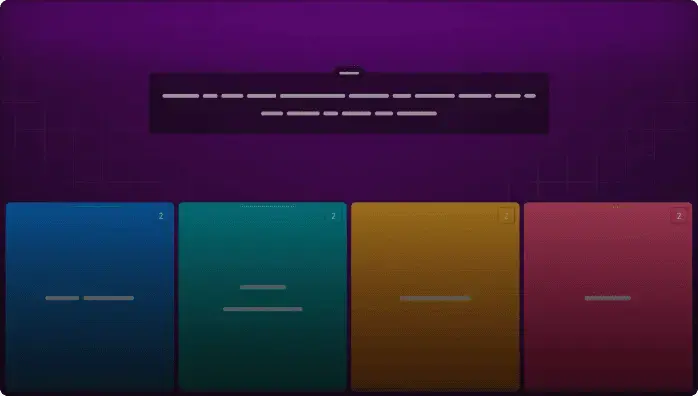
TIME VALUE OF MONEY
Assessment
•
deepmala jasuja
•
Business
•
1st - 2nd Grade
•
36 plays
•
Medium
Student preview

62 questions
Show answers
1.
Multiple Select
The formula for compound value is :
FVn = PV (1+i)
FVn = PV/(1+i)
FVn = PV (1+i)n
FVn = (1+i)/PV
2.
Multiple Select
What is the future value of $1000 compounded annually at 8% for five years ?
$1,080
$1,400
$1,469
$1,800
3.
Multiple Select
Computing the future value of an amount of money for any specified time period requires knowledge of the amount of principal and the interest rate
True
False
4.
Multiple Select
Present value interest factor (PVIF) are usually less than 1.0
True
False
5.
Multiple Select
What is the present value of a ten year $1000 ordinary annuity discounted at 6% ?
$4886
$6145
$7360
$10000
Explore all questions with a free account
Find a similar activity
Create activity tailored to your needs using
.svg)

Loan Types Quiz
•
2nd Grade

principels of acount
•
1st - 5th Grade

Busine Finance Reviewer
•
2nd Grade

Vocabulary for Economic Test #2
•
1st Grade

Ratios
•
2nd Grade

REG 3rd TEST
•
1st Grade

Time Value of Money
•
1st - 2nd Grade

investment (puro identification)
•
2nd Grade